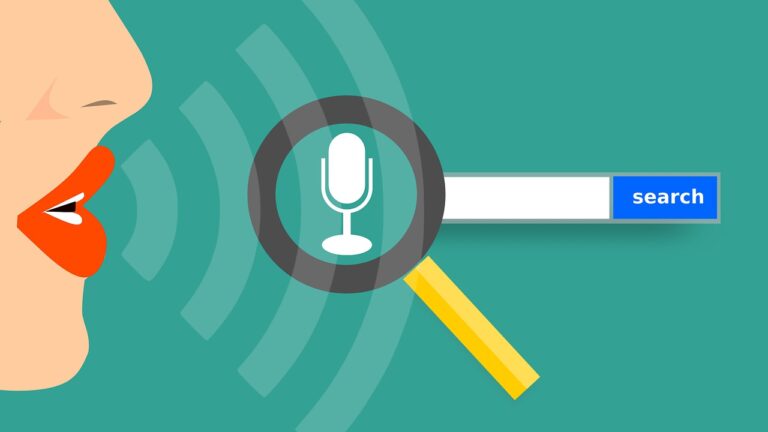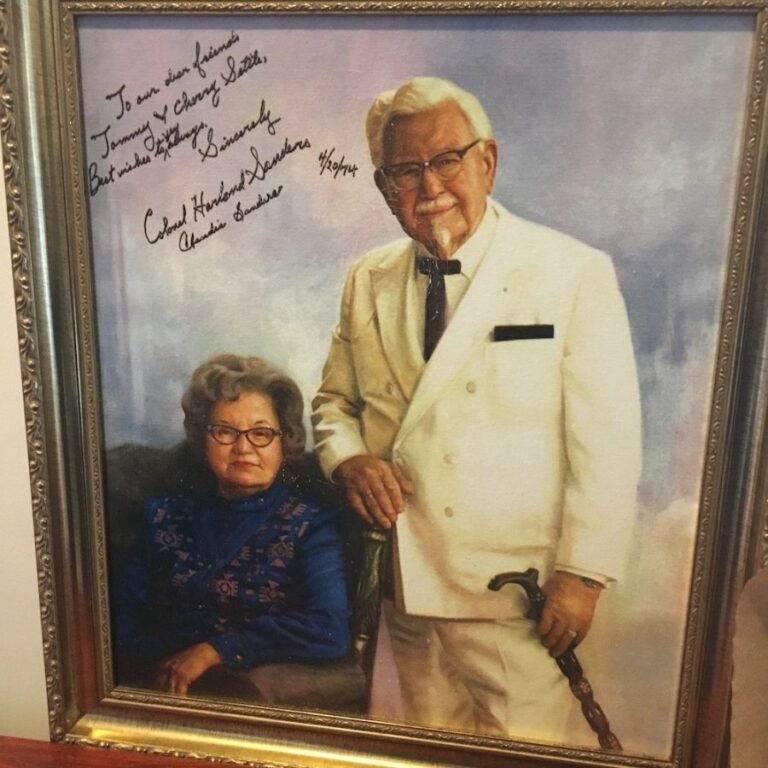How Famous Brands Got Their Names
Did you know that the name “Google” was actually a mistake? It was meant to be “googol,” which represents a huge number with 100 zeros. This interesting fact shows that there are often fascinating stories behind the names of well-known brands.
Choosing a name for a business is an important decision that can shape its identity and future. Some names are straightforward, while others have hidden meanings and surprising origins. Let’s explore the intriguing stories how famous brands got their names in the world:

1. Google: Searching for the Perfect Name
The founders of Google, Larry Page and Sergey Brin, initially called their search engine “BackRub” because it analyzed the backlinks of websites. However, they realized they needed a more memorable name. They came across “googol,” a mathematical term for an enormous number, which represented their goal of organizing vast amounts of information on the internet. Due to a misspelling during domain registration, the name became “Google,” perfectly capturing the company’s mission to provide users with a wealth of information.
2. ChatGPT: Conversing with AI
OpenAI, the research lab behind ChatGPT, aimed to create a language model that could engage in human-like conversations. The name “ChatGPT” reflects this purpose, combining “Chat” with “GPT,” which stands for “Generative Pre-trained Transformer.” This name clearly communicates the technology’s main function – generating text in response to user prompts, simulating natural conversation.
3. Microsoft: Innovating with Computers
Microsoft, founded by Bill Gates and Paul Allen, got its name by combining “microcomputer” and “software.” This name accurately represents the company’s early focus on developing software for personal computers, which were then called microcomputers.The name symbolizes Microsoft’s role in bridging the gap between the emerging world of personal computing and the software needed to power it.
4. Facebook: Connecting People Through Faces
Mark Zuckerberg initially named his social networking site “TheFacebook,” drawing inspiration from the tradition at Harvard University of creating student directories with photos. The name was later shortened to “Facebook,” while still capturing the essence of connecting individuals through their online profiles and fostering a sense of community.
5. Amazon: Exploring the Vastness
Jeff Bezos, the founder of Amazon, desired a name that conveyed the vastness and possibilities, much like the Amazon River, the world’s second-longest river. The name also had the advantage of starting with the letter “A,” positioning it near the top of alphabetical listings, a strategic move during the early days of online commerce.
6. Coca Cola: The Ingredients
Coca-Cola’s name directly reflects its original ingredients: the “coca” part comes from the coca leaf, which contained cocaine (legal at the time), while “cola” refers to the kola nut, another source of caffeine. This straightforward naming simply highlighted the drink’s key stimulants, a common practice in the era when cocaine was seen as a medicinal ingredient.
7. Nike: Greek Mythology
Nike, in Greek mythology, is known as the Winged Goddess of Victory. The logo represents the goddess’ wing, called the ‘swoosh’, which signifies the essence of speed, motion, strength, and inspiration.
Other Examples:
These are just a few examples of the intriguing stories behind the names of some of the most well-known brands globally. These names, whether carefully chosen or born out of chance, have become synonymous with the companies they represent, shaping their brand identities and leaving a lasting impression on the world.
It’s worth noting that not all famous names have such elaborate stories. Some, like “Adidas,” are simply derived from the founder’s nickname (Adi Dassler) and surname. Others, like “Adobe,” draw inspiration from the natural surroundings of the company’s founding location.
Regardless of their origins, these names have become powerful symbols, instantly recognized and associated with the values and experiences each brand represents. They serve as a testament to the creativity and thoughtfulness that often goes into selecting a name, a decision that can profoundly impact a company’s journey and its place in the world.









